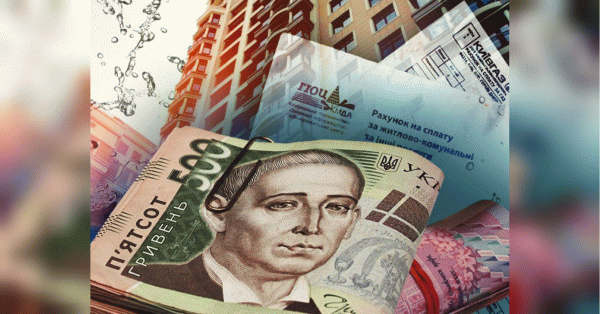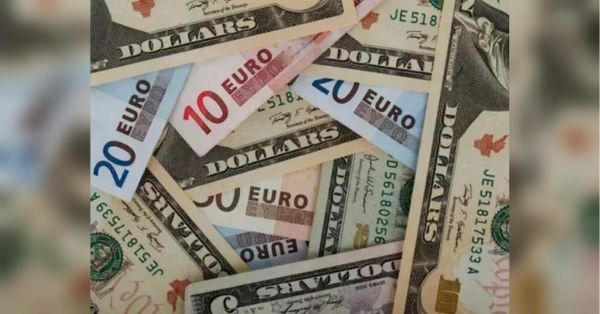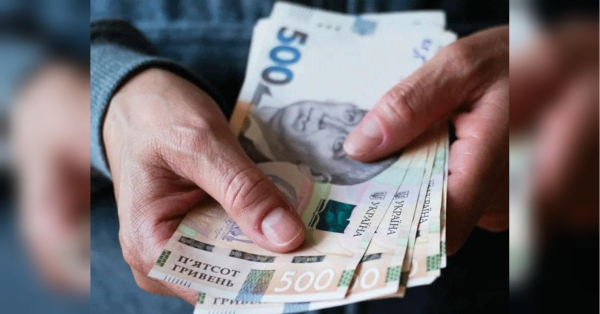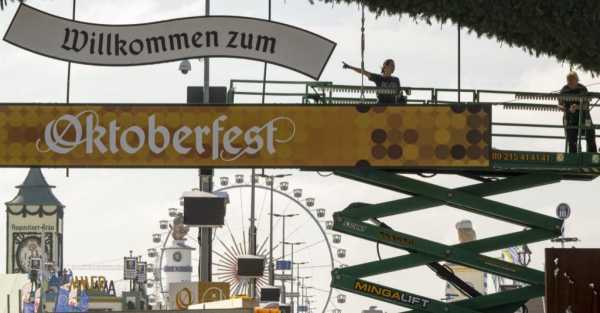
Security has tightened at Oktoberfest in the wake of last month’s deadly knife attack in Solingen in western Germany.
Officials also warned revellers to expect longer lines at entry points as metal detectors will be deployed for the first time in the Bavarian beer festival’s 189-year history.
Authorities say there are no specific threats to the world’s largest folk festival, which begins on Saturday with the traditional keg-tapping in Munich and runs through to October 6.
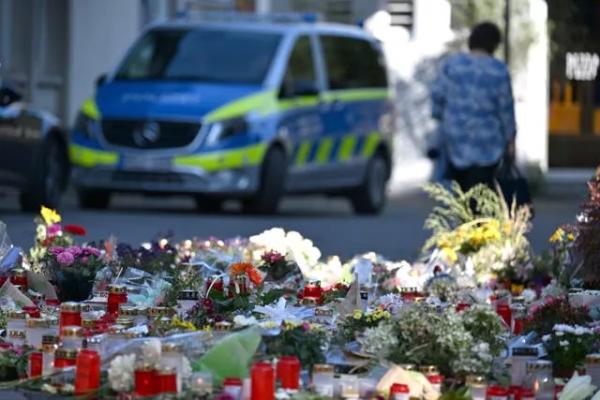
Some six million participants, many wearing traditional lederhosen and dirndl dresses, are expected over the course of the event.
The stepped-up security comes after an August 23 attack in Solingen that left three dead and eight wounded.
A 26-year-old Syrian suspect was arrested.
He was an asylum-seeker who was supposed to be deported to Bulgaria last year but reportedly disappeared for a time and avoided deportation.
The Islamic State militant group has claimed responsibility for the violence, without providing evidence.
The violence left Germany shaken and pushed immigration back to the top of the country’s political agenda.
In response, the Interior Ministry extended temporary border controls to all nine of its frontiers this week.
The closures are set to last six months and are threatening to test European unity.
The effects of the Solingen attack — and other recent violence across Germany — will also be felt at Oktoberfest.
Hand-held metal detectors will be used for the first time, with police and security staff using them on a random basis or following suspicious activity.
“We have had to react to the fact that attacks with knives have increased in recent weeks and months,” Munich Mayor Dieter Reiter told The Associated Press.
“We will do everything we can to ensure that nobody comes to Oktoberfest with a knife or other dangerous weapons.”
In addition to some 600 police officers and 2,000 security staff, more than 50 cameras will be spread across the grounds of the festival — which will be fenced off as well.
Festival-goers also are prohibited from bringing knives, glass bottles and backpacks.
Oktoberfest is no stranger to increased security throughout its history.
In 2016, authorities implemented tighter measures in response to a series of attacks, including when a German teenager fatally shot nine people at a Munich mall before killing himself.
The festival’s organiser, Clemens Baumgartner, promised a safe public space, possibly “the safest place in Germany” during the 16 days of Oktoberfest.
Sourse: breakingnews.ie
